1. The Fight for Fair Housing in a Small Illinois Town
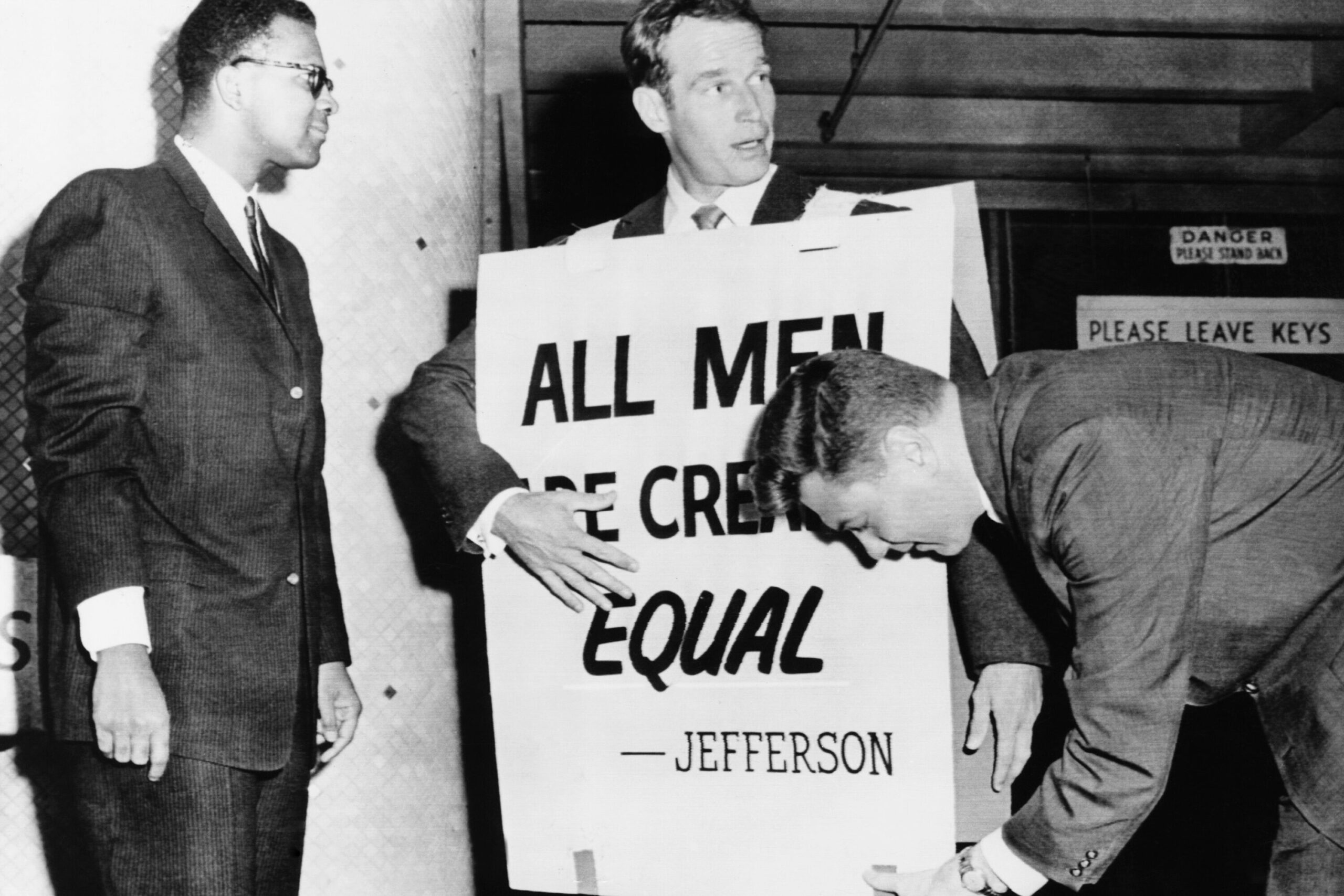
In the ’60s, civil rights battles weren’t just happening in the South. In Deerfield, Illinois, a group of Black families tried to move into a newly built suburban neighborhood. The response? White residents quickly rezoned the area into parks to block integration. The case didn’t spark national protests, but it highlighted how deeply housing discrimination was ingrained. Even after the Civil Rights Act of 1968 banned housing discrimination, many neighborhoods continued using loopholes to keep their communities segregated says the Chicago Tribune.
This quiet resistance to integration still affects housing patterns today. Studies show that neighborhoods originally shaped by these battles still struggle with racial and economic divides. While the Deerfield case didn’t become a headline-grabbing moment, it was part of the push that led to stronger enforcement of fair housing laws. Thanks to those fights, everyday homebuyers now have more legal protection against discrimination. It’s not perfect, but it’s a step toward fairness that didn’t come easily.
2. The School Lunch Worker Who Took a Stand
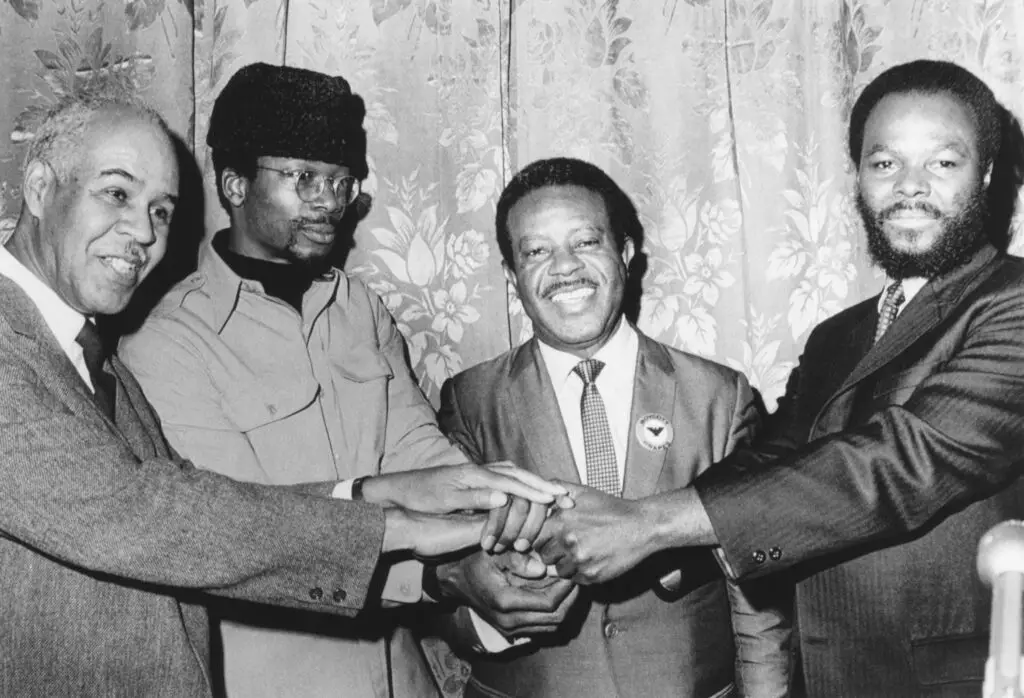
In the early ’70s, a cafeteria worker in Mississippi noticed something troubling. Black students in her school were being denied lunch if they couldn’t pay, while white students were quietly allowed to run up a tab. She wasn’t an activist, but she decided to speak up. She risked her job by reporting it to the local NAACP, who pressured the district to change the policy. It wasn’t a Supreme Court case, but her courage forced a small but important shift in school meal fairness says New Georgia Encyclopedia.
Today, free and reduced-price lunch programs exist in schools across the country, benefiting millions of kids. While the system isn’t perfect, it has roots in moments like this—when everyday people refused to look the other way. The cafeteria worker’s name never made history books, but her small act of defiance helped ensure more kids got to eat, no matter their background. Sometimes, change starts with the person handing you a lunch tray.
3. The Bus Boycott That Had Nothing to Do with Rosa Parks
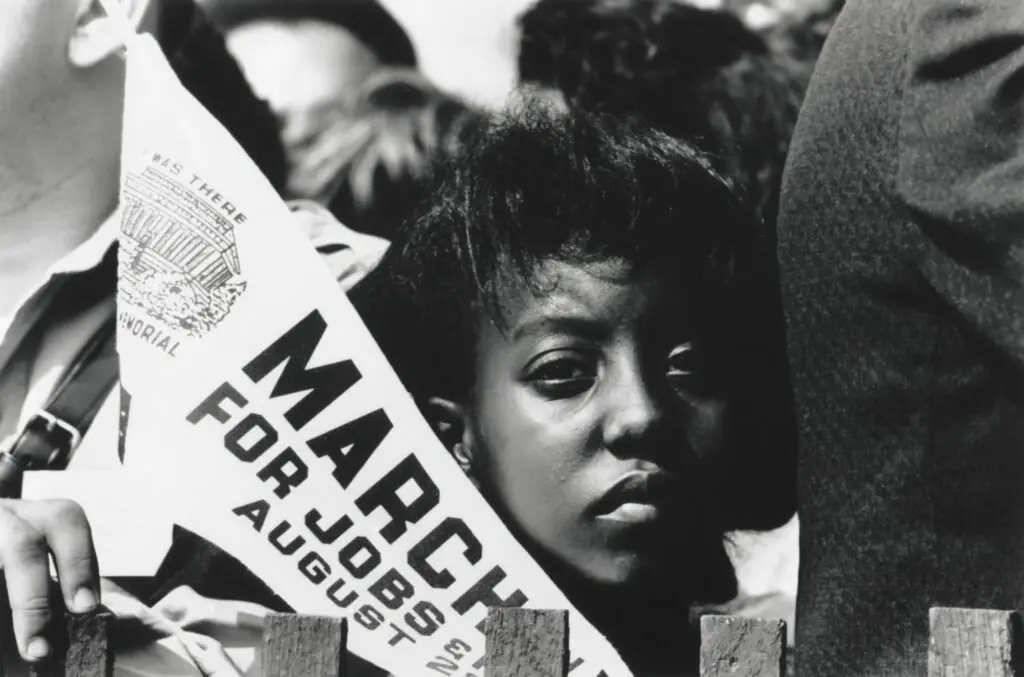
Everyone knows about Rosa Parks, but in 1953, a group of Black women in Baton Rouge, Louisiana, launched their own bus boycott. It started when drivers refused to let Black riders sit in open seats, even after they paid full fare. Frustrated, a local pastor, Rev. T.J. Jemison, helped organize a boycott. It lasted just a few days, but it was enough to pressure the city into making small but meaningful changes. The success of the Baton Rouge boycott later inspired the Montgomery Bus Boycott, which would change history shares the New York Times.
Even though it didn’t get the same attention, it proved that collective action worked. The lessons from Baton Rouge spread across the South, giving activists a playbook for future protests. Without it, the Montgomery movement might have taken longer to gain traction. These smaller moments remind us that big victories often start with smaller, local fights. Change doesn’t always come from one iconic moment—it builds over time adds the Los Angeles Times.
4. The Garbage Strike That Led to Safer Working Conditions
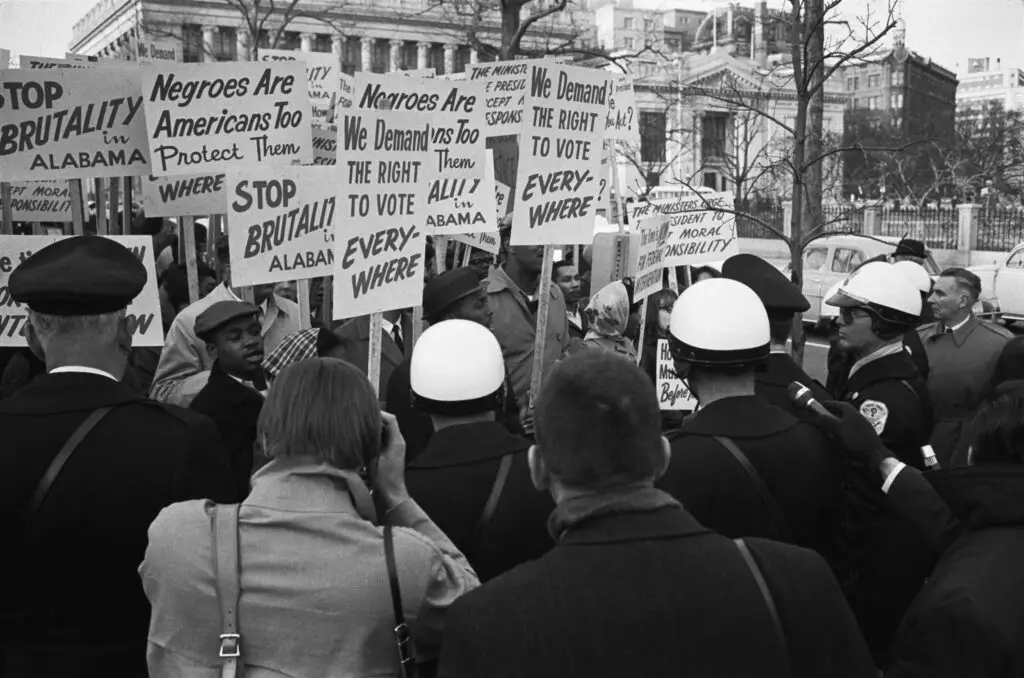
In 1968, Memphis sanitation workers, mostly Black men, went on strike after two workers were crushed to death by malfunctioning equipment. They had been complaining about unsafe conditions for years, but nothing changed. Fed up, they walked off the job, holding signs that read, “I Am A Man.” The strike brought Martin Luther King Jr. to Memphis, where he gave his famous “Mountaintop” speech the night before his assassination. While King’s death overshadowed the movement, the workers eventually won better wages and safety protections.
Their fight led to broader changes in labor laws that still protect workers today. It also set the stage for future labor movements that fought for dignity in dangerous jobs. While the Memphis strike is often remembered for its connection to King, it was about far more than that. It was about men who simply wanted to come home safe at the end of the day. Thanks to their stand, workplace safety laws became stronger, benefiting millions.
5. The Quiet Court Case That Desegregated Parks and Pools
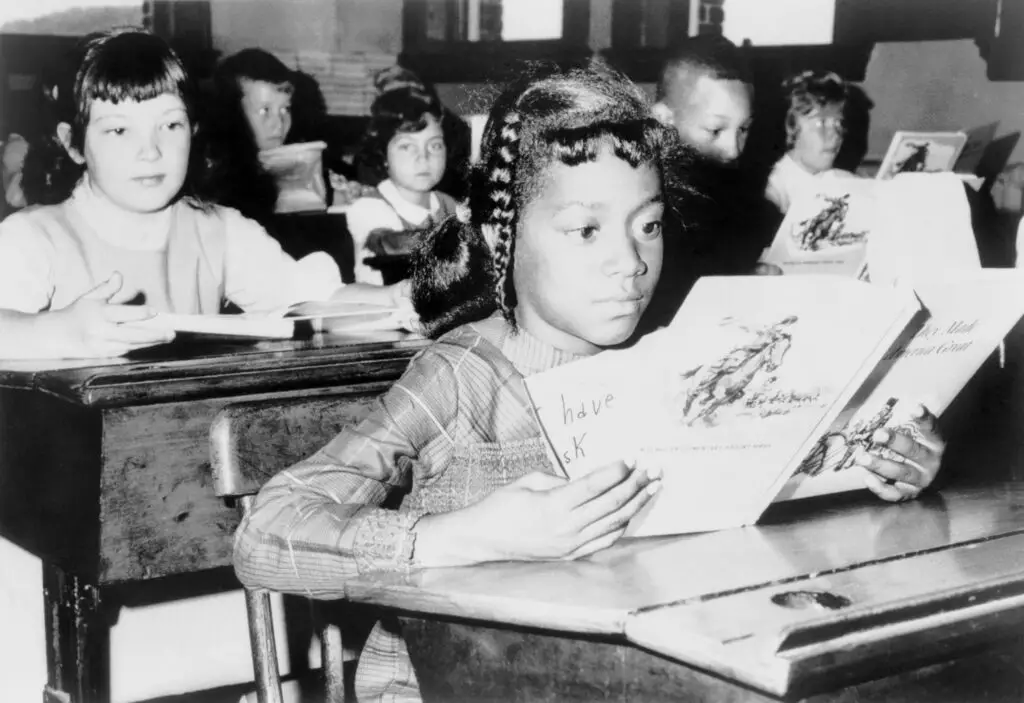
Most people think of Brown v. Board of Education when it comes to desegregation, but what about public parks and swimming pools? In 1955, Sarah Keys v. Carolina Coach Company quietly made history. The case involved a Black woman, Sarah Keys, who was forced to give up her seat on an interstate bus. Unlike Rosa Parks, she took her battle to court—and won. The ruling helped dismantle segregation in interstate travel, but it also had a domino effect.
Over time, it influenced lawsuits that desegregated public pools, parks, and other facilities. Many towns had quietly shut down public pools instead of integrating them, leaving Black communities without access. Keys’ victory made it harder for cities to justify segregation under the law. Today, public parks and pools are open to all, but that wasn’t always guaranteed. It took small legal battles like this one to push everyday freedoms forward.
